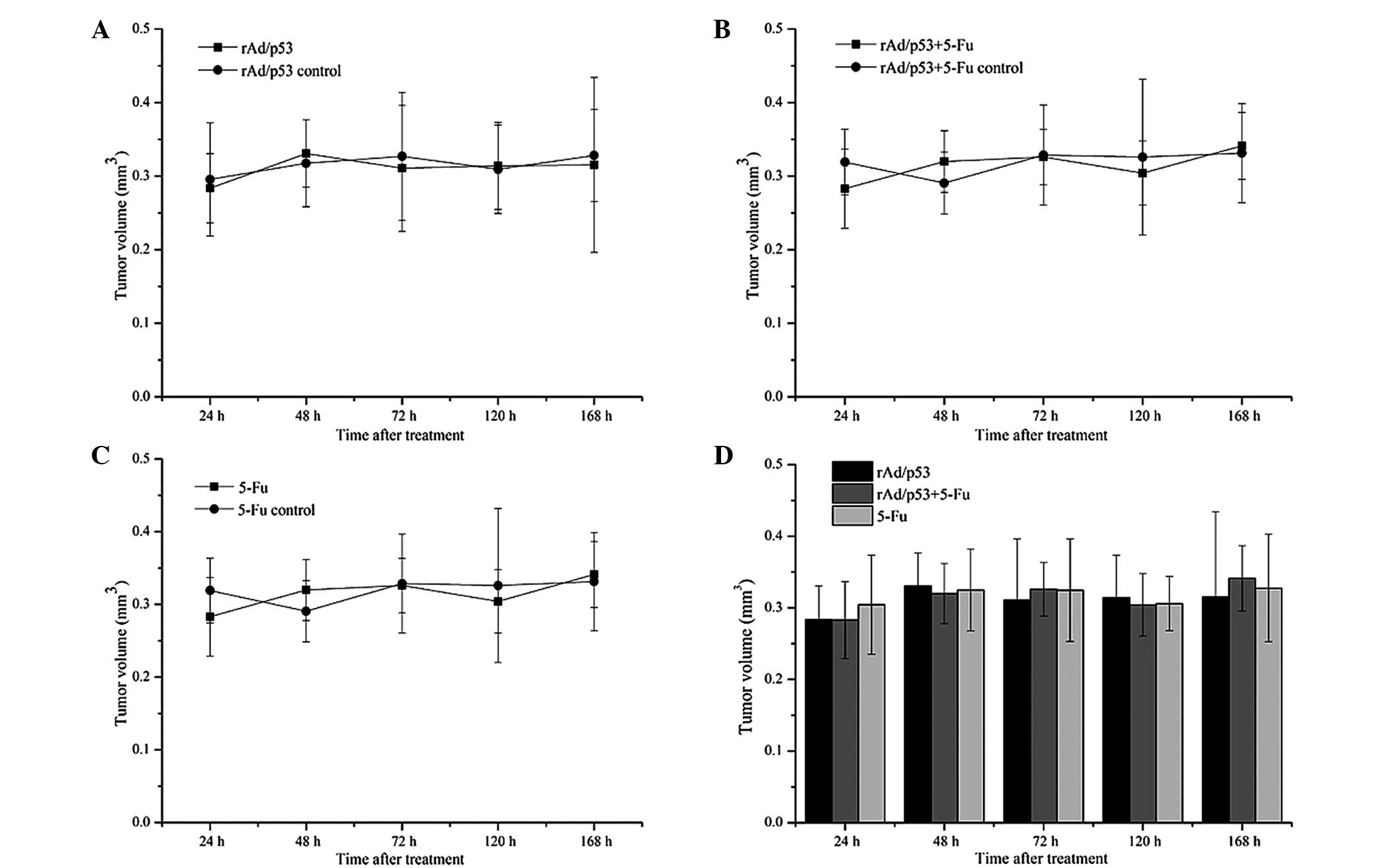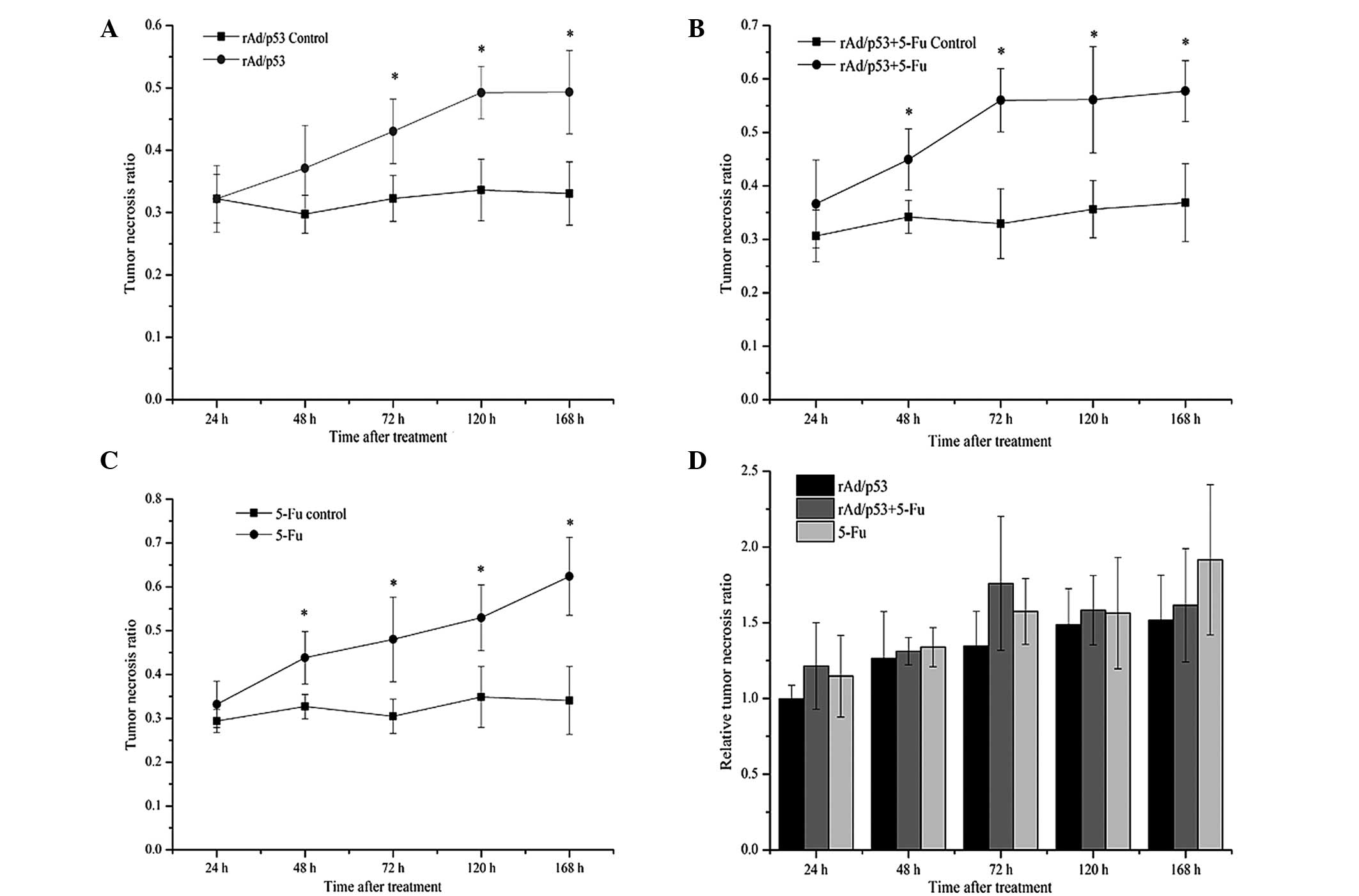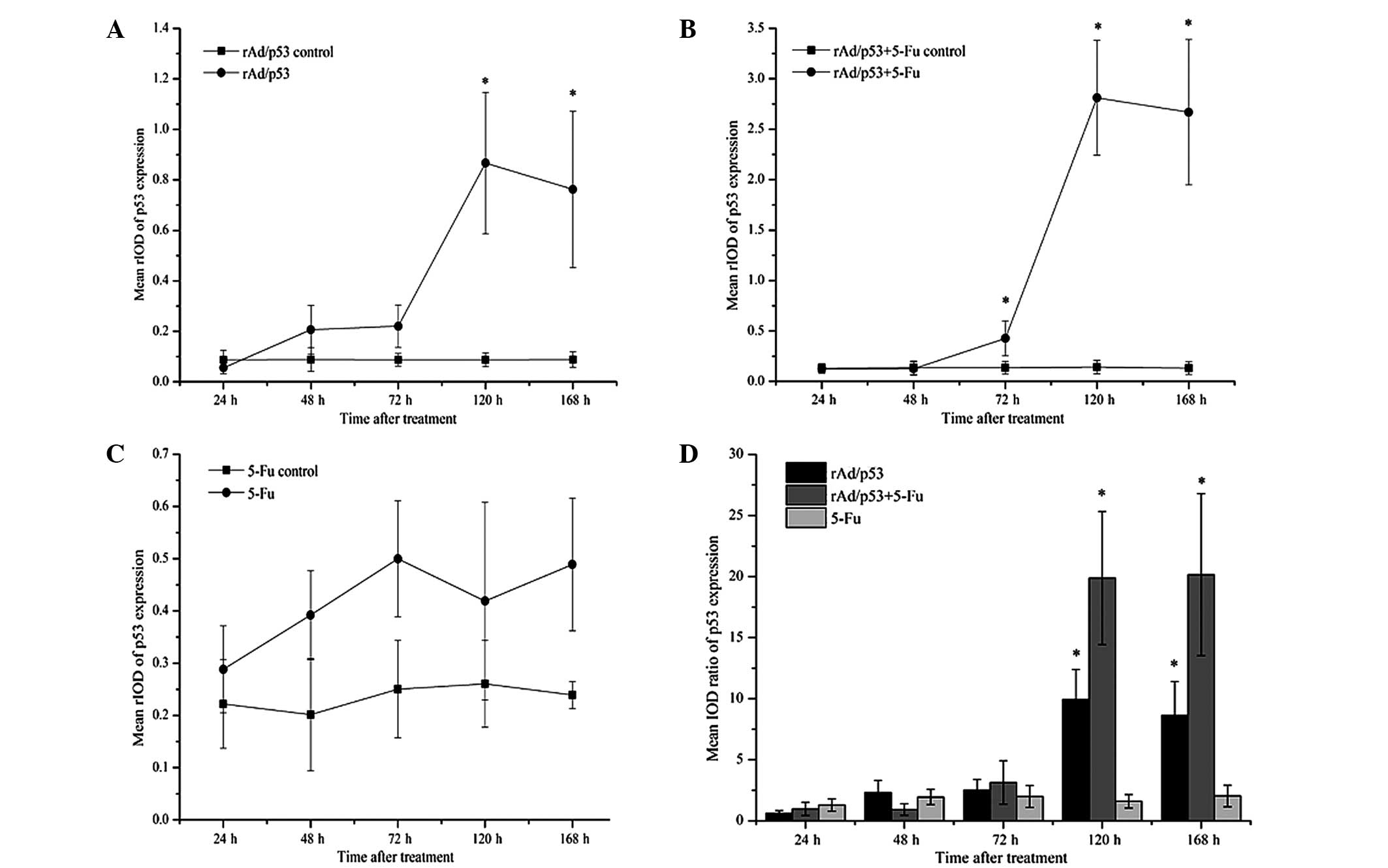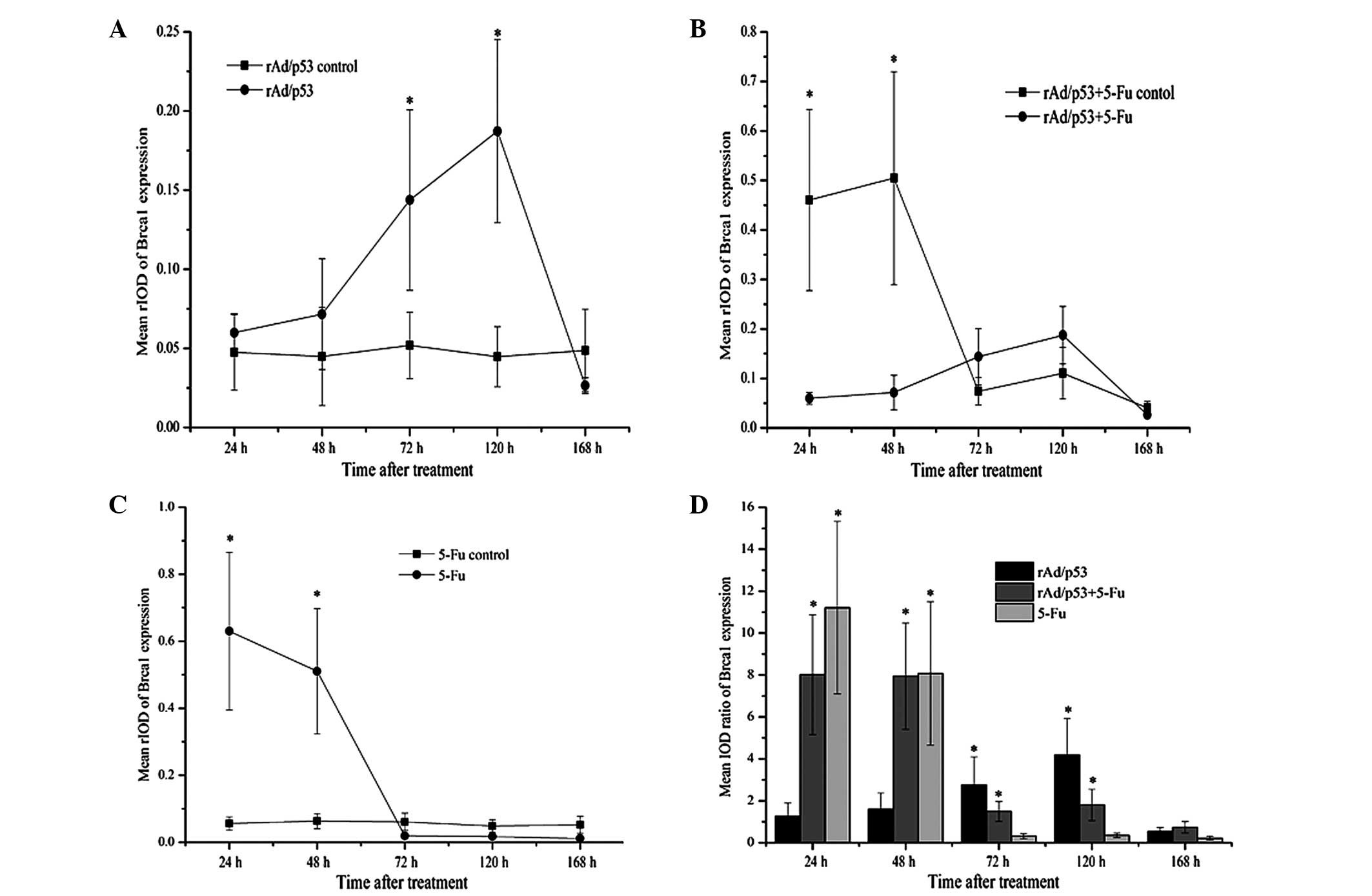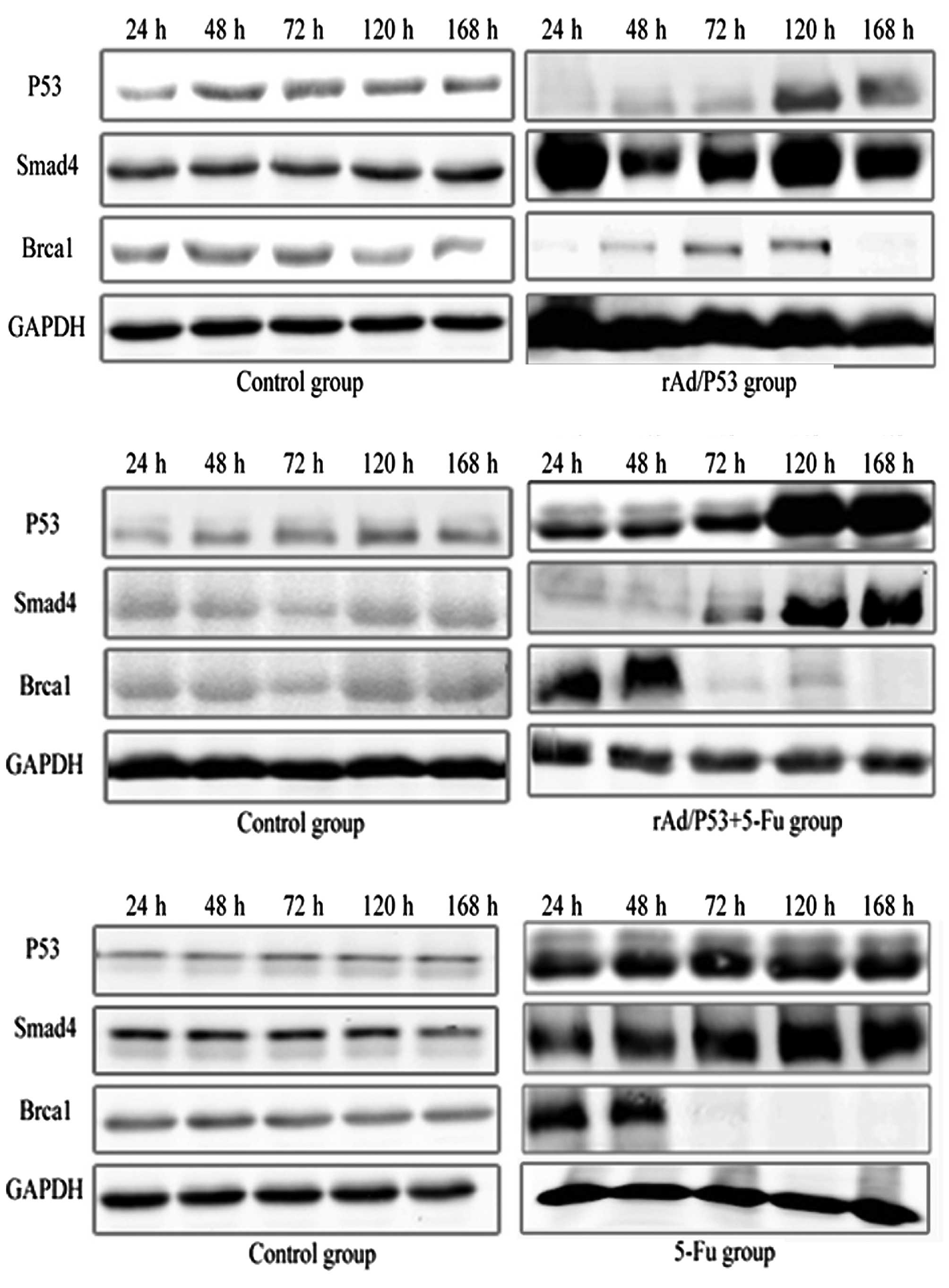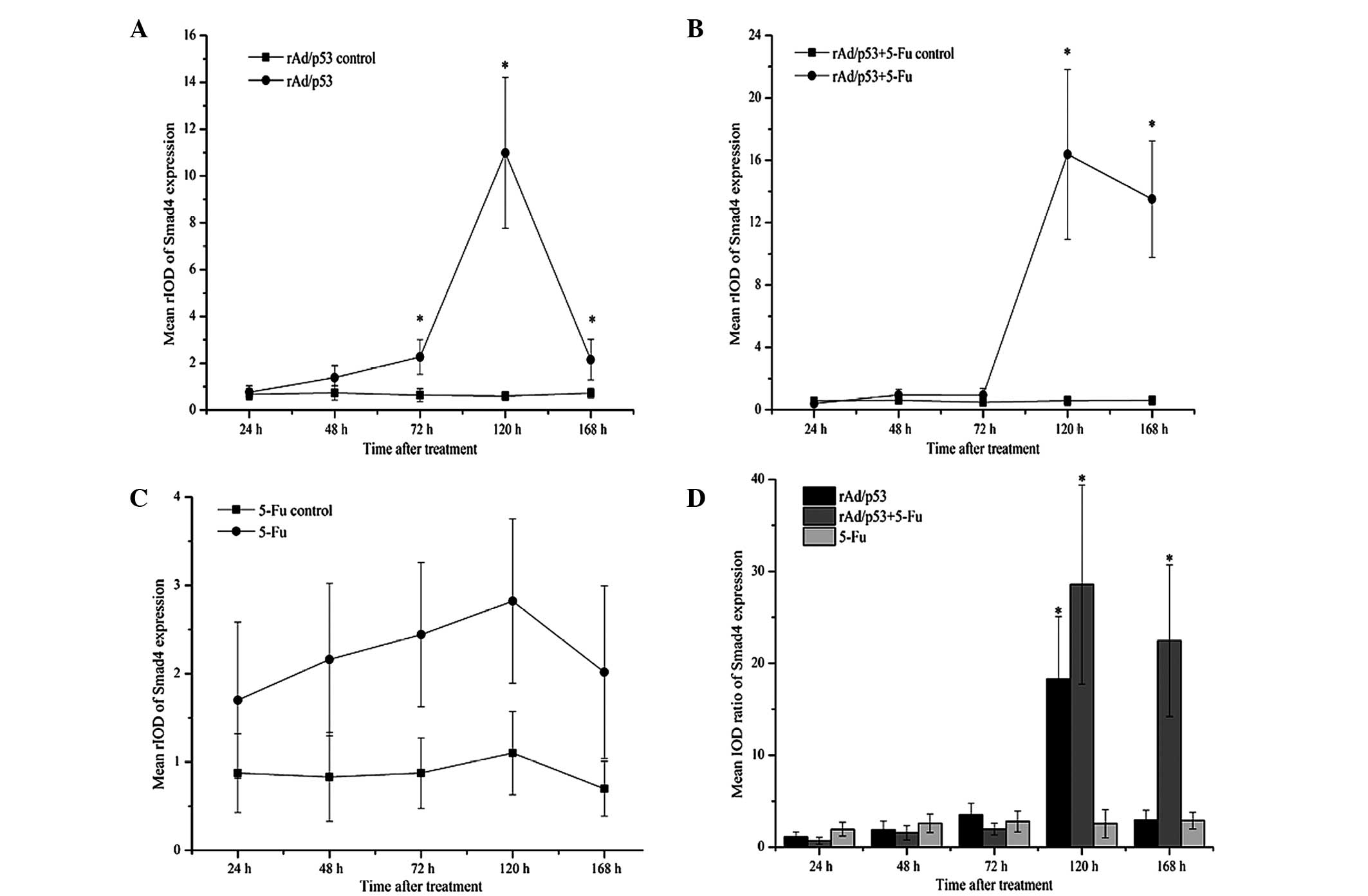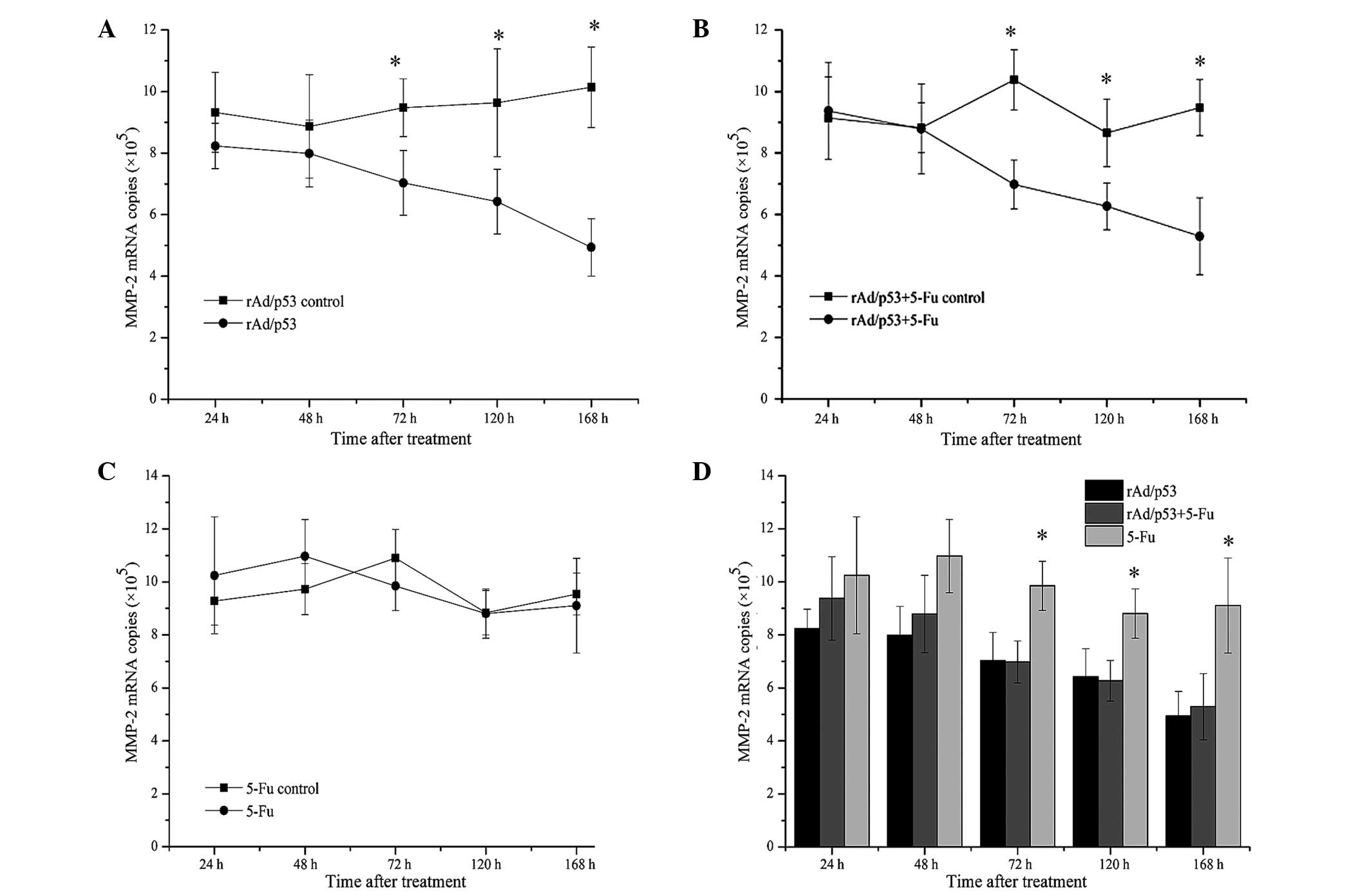|
1
|
Ratushny V, Gober MD, Hick R, Ridky TW and
Seykora JT: From keratinocyte to cancer: The pathogenesis and
modeling of cutaneous squamous cell carcinoma. J Clin Invest.
122:464–472. 2012. View
Article : Google Scholar : PubMed/NCBI
|
|
2
|
Motley R, Kersey P and Lawrence C: British
Association of Dermatologists; British Association of Plastic
Surgeons; Royal College of Radiologists, Faculty of Clinical
Oncology: Multiprofessional guidelines for the management of the
patient with primary cutaneous squamous cell carcinoma. Br J
Dermatol. 146:18–25. 2002. View Article : Google Scholar : PubMed/NCBI
|
|
3
|
Kurundkar D, Srivastava RK, Chaudhary SC,
Ballestas ME, Kopelovich L, Elmets CA and Athar M: Vorinostat, an
HDAC inhibitor attenuates epidermoid squamous cell carcinoma growth
by dampening mTOR signaling pathway in a human xenograft murine
model. Toxicol Appl Pharmacol. 266:233–244. 2013. View Article : Google Scholar : PubMed/NCBI
|
|
4
|
Alam M and Ratner D: Cutaneous
squamous-cell carcinoma. N Engl J Med. 344:975–983. 2001.
View Article : Google Scholar : PubMed/NCBI
|
|
5
|
Thomas RF and Scotto J: Estimating
increases in skin cancer morbidity due to increases in ultraviolet
radiation exposure. Cancer Invest. 1:119–126. 1983. View Article : Google Scholar : PubMed/NCBI
|
|
6
|
Grossman D and Leffell DJ: The molecular
basis of nonmelanoma skin cancer: New understanding. Arch Dermatol.
133:1263–1270. 1997. View Article : Google Scholar : PubMed/NCBI
|
|
7
|
Li Y, Li LJ, Wang LJ, Zhang Z, Gao N,
Liang CY, Huang YD and Han B: Selective intra-arterial infusion of
rAd-p53 with chemotherapy for advanced oral cancer: A randomized
clinical trial. BMC Medicine. 12:162014. View Article : Google Scholar : PubMed/NCBI
|
|
8
|
Peng Z: Current status of gendicine in
china: Recombinant human ad-p53 agent for treatment of cancers. Hum
Gene Ther. 16:1016–1027. 2005. View Article : Google Scholar : PubMed/NCBI
|
|
9
|
Chen C, Pan J and Xu L: Recombinant
adenovirus p53 agent injection combined with radiotherapy in
treatment of nasopharyngeal carcinoma: A phase II clinical trial.
Zhonghua Yi Xue Za Zhi. 83:2033–2035. 2003.(In Chinese). PubMed/NCBI
|
|
10
|
Han D, Huang Z, Zhang W, Yu Z, Wang Q, Ni
X, Chen X, Pan J and Wang H: Effectiveness of recombinant
adenovirus p53 injection on laryngeal cancer: Phase I clinical
trial and follow up. Zhonghua Yi Xue Za Zhi. 83:2029–2032. 2003.(In
Chinese). PubMed/NCBI
|
|
11
|
Swisher SG, Roth JA, Komaki R, Gu J, Lee
JJ, Hicks M, Ro JY, Hong WK, Merritt JA, Ahrar K, et al: Induction
of p53-regulated genes and tumor regression in lung cancer patients
after intratumoral delivery of adenoviral p53 (INGN 201) and
radiation therapy. Clin Cancer Res. 9:93–101. 2003.PubMed/NCBI
|
|
12
|
Tu K, Zheng X, Zhou Z, Li C, Zhang J, Gao
J, Yao Y and Liu Q: Recombinant human adenovirus-p53 injection
induced apoptosis in hepatocellular carcinoma cell lines mediated
by p53-fbxw7 pathway, which controls c-myc and cyclin E. Plos One.
8:e685742013. View Article : Google Scholar : PubMed/NCBI
|
|
13
|
Malkoski SP and Wang X-J: Two sides of the
story? Smad4 loss in pancreatic cancer versus head-and-neck cancer.
FEBS Lett. 586:1984–1992. 2012. View Article : Google Scholar : PubMed/NCBI
|
|
14
|
Zhang B, He W, Li CX, Gao T, Li Y, Yu B
and Yang Y: Down-regulated expression of Smad4 in A431 cell line
derived from human epidermoid squamous cell carcinoma. Zhong Qing
Yi Xue. 9:0172008.(In Chinese).
|
|
15
|
Balacescu O, Balacescu L, Tudoran O, Todor
N, Rus M, Buiga R, Susman S, Fetica B, Pop L, Maja L, et al: Gene
expression profiling reveals activation of the FA/BRCA pathway in
advanced squamous cervical cancer with intrinsic resistance and
therapy failure. BMC Cancer. 14:2462014. View Article : Google Scholar : PubMed/NCBI
|
|
16
|
Larsen MJ, Thomassen M, Gerdes A-M and
Kruse TA: Hereditary breast cancer: Clinical, pathological and
molecular characteristics. Breast Cancer (Auckl). 8:1451552014.
|
|
17
|
Toschi E, Rota R, Antonini A, Melillo G
and Capogrossi MC: Wild-type p53 gene transfer inhibits invasion
and reduces matrix metalloproteinase-2 levels in p53-mutated human
melanoma cells. J Invest Dermatol. 114:1188–1194. 2000. View Article : Google Scholar : PubMed/NCBI
|
|
18
|
Livak KJ and Schmittgen TD: Analysis of
Relative Gene Expression Data Using Real-Time Quantitative PCR and
the 2−ΔΔ C T Method. Methods. 25:402–408. 2001.
View Article : Google Scholar : PubMed/NCBI
|
|
19
|
Xie Q, Liang B, Zhang J, Yang Q, Gu X, Xu
J and Chen M: In vivo comparison of transduction efficiency with
recombinant adenovirus-mediated p53 in a human colon cancer mouse
model by different delivery routes. Chin-Ger J Clin Oncol.
7:704–708. 2008. View Article : Google Scholar
|
|
20
|
Fridman JS and Lowe SW: Control of
apoptosis by p53. Oncogene. 22:9030–9040. 2003. View Article : Google Scholar : PubMed/NCBI
|
|
21
|
Baek JH, Agarwal ML, Tubbs RR,
Vladisavljevic A, Tomita H, Bukowski RM, Milsom JW, Kim JM and Kwak
JY: In vivo recombinant adenovirus-mediated p53 gene therapy in a
syngeneic rat model for colorectal cancer. J Korean Med Sci.
19:834–841. 2004. View Article : Google Scholar : PubMed/NCBI
|
|
22
|
Xie YS, Zhang YH, Liu SP, Liu SQ, Peng CW,
Wu L, Luo HS and Li Y: Synergistic gastric cancer inhibition by
chemogenetherapy with recombinant human adenovirus p53 and
epirubicin: An in vitro and In vivo study. Oncol Rep. 24:1613–1620.
2010.PubMed/NCBI
|
|
23
|
Xie Q, Liang BL, Wu YH, Zhang J, Chen MW,
Liu HY, Gu XF and Xu J: Synergistic anticancer effect of rAd/P53
combined with 5-fluorouracil or iodized oil in the early
therapeutic response of human colon cancer in vivo. Gene.
499:303–308. 2012. View Article : Google Scholar : PubMed/NCBI
|
|
24
|
Inoue H, Shiraki K, Murata K, Sugimoto K,
Kawakita T, Yamaguchi Y, Saitou Y, Enokimura N, Yamamoto N,
Yamanaka Y and Nakano T: Adenoviral-mediated transfer of p53 gene
enhances TRAIL-induced apoptosis in human hepatocellular carcinoma
cells. Int J Mol Med. 14:271–275. 2004.PubMed/NCBI
|
|
25
|
Demagny H and De Robertis EM: Point
Mutations in the Tumor Suppressor Smad4/DPC4 Enhance its
Phosphorylation by GSK3 and Reversibly Inactivate TGF-β Signaling.
Mol Cell Oncol. 3:e10251812016. View Article : Google Scholar : PubMed/NCBI
|
|
26
|
Qiao W, Li AG, Owens P, Xu X, Wang XJ and
Deng CX: Hair follicle defects and squamous cell carcinoma
formation in Smad4 conditional knockout mouse skin. Oncogene.
25:207–217. 2005.
|
|
27
|
Elston R and Inman GJ: Crosstalk between
p53 and TGF-β Signalling. J Signal Transduct. 2012:2940972012.
View Article : Google Scholar : PubMed/NCBI
|
|
28
|
Zhang X, Wei J, Zhou L, Zhou C, Shi J,
Yuan Q, Yang M and Lin D: A functional BRCA1 coding sequence
genetic variant contributes to risk of esophageal squamous cell
carcinoma. Carcinogenesis. 34:2309–2313. 2013. View Article : Google Scholar : PubMed/NCBI
|
|
29
|
Seiwert TY, Zuo Z, Keck MK, Khattri A,
Pedamallu CS, Stricker T, Brown C, Pugh TJ, Stojanov P, Cho J, et
al: Integrative and comparative genomic analysis of HPV-positive
and HPV-negative head and neck squamous cell carcinomas. Clin
Cancer Res. 21:632–641. 2015. View Article : Google Scholar : PubMed/NCBI
|
|
30
|
de Oliveira Poswar F, de Carvalho Fraga
CA, Gomes ESB, Farias LC, Souza LW, Santos SH, Gomez RS, de-Paula
AM and Guimarães AL: Protein expression of MMP-2 and MT1-MMP in
actinic keratosis, squamous cell carcinoma of the skin and basal
cell carcinoma. Int J Surg Pathol. 23:20–25. 2014. View Article : Google Scholar : PubMed/NCBI
|
|
31
|
Chien MH, Lin CW, Cheng CW, Wen YC and
Yang SF: Matrix metalloproteinase-2 as a target for head and neck
cancer therapy. Expert Opin Ther Targets. 17:203–216. 2013.
View Article : Google Scholar : PubMed/NCBI
|















